Medical DITI is a monitor of thermal abnormalities present in a number of diseases, medical conditions and physical injuries. It is used as an aid for diagnosis and prognosis, as well as therapy follow up and rehabilitation monitoring, within clinical fields that include Rheumatology, Neurology, Physiotherapy, Sports Medicine, Oncology, Pediatrics, Orthopedics and many others.
Indications for a Thermography Scan
Results obtained through thermography are totally objective and show excellent correlation with other diagnostic tests. Below are some conditions thermography can be used to aid in diagnosis.
Arteriosclerosis
Auto Immune Dysfunction
Brachial Plexus Injury
Breast Disease
Bursitis
Cardiac Dysfunction
Carpal Tunnel Syndrome
Compartment Syndromes
Deep Vascular Disease
Digestive Disorders
Facial Nerve Dysfunction
Hyperaesthesia
IBS
Inflammatory Disease
Ligament Sprain
Lower Motor Neuron Disease
Lumbosacral Plexus Injury
Morton's Neuroma
Myofascial Irritation
Muscular Strain/Inflammation
Nerve Dysfunction
Nerve Trauma
Neuropathy
Organ dysfunction
Raynaud's
Referred Pain Syndrome
Reflex Sympathetic Dystrophy
Soft Tissue Injury
Stroke Screening
Superficial Vascular Disease
Skin Abnormalities
Thoracic Outlet Syndrome
Trigeminal Neuralgia
Trigger Points
TMJ Dysfunction
Tendonitis
Whiplash
There are many other applications of thermography and together with your healthscare provider you can determine if thermography will be beneficial for you. For more information email info@healthscan.ca.
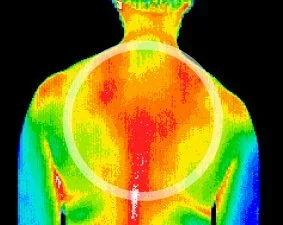
Muscular and myofascial inflammation
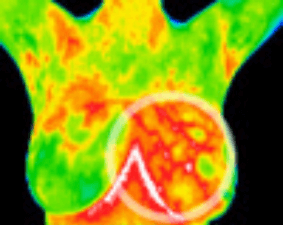
Suspicious vascular activity
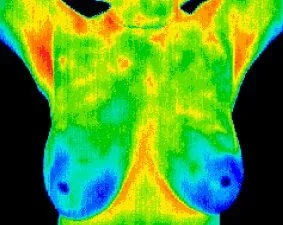
Normal symmetry of healthy breasts.
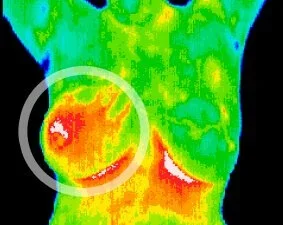
Inflammatory breast disease.
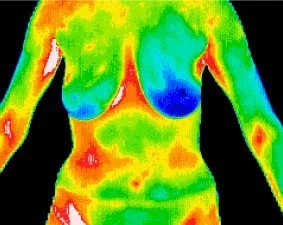
Visceral and digestive dysfunction
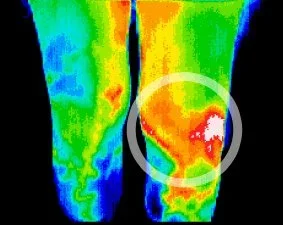
Vascular inflammation
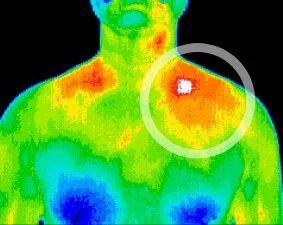
Brachial plexus entrapment
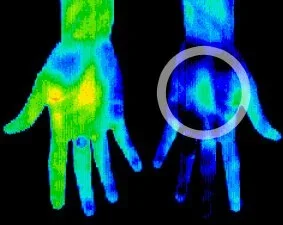
RSD / CRPS sympathetic pain

Autonomic patterns related to cardiac concerns
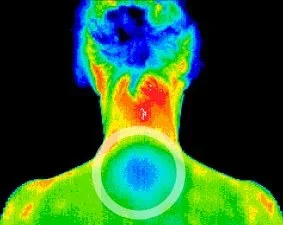
Autonomic patterns related to immune system concerns
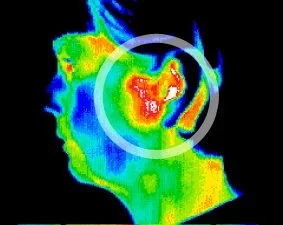
TMJ inflammation
NOTE: The information provided in or through this website is not intended to be a substitute for professional medical advice, diagnosis or treatment provided by your own Medical Provider. The information provided in or through this website is for educational and informational purposes only.